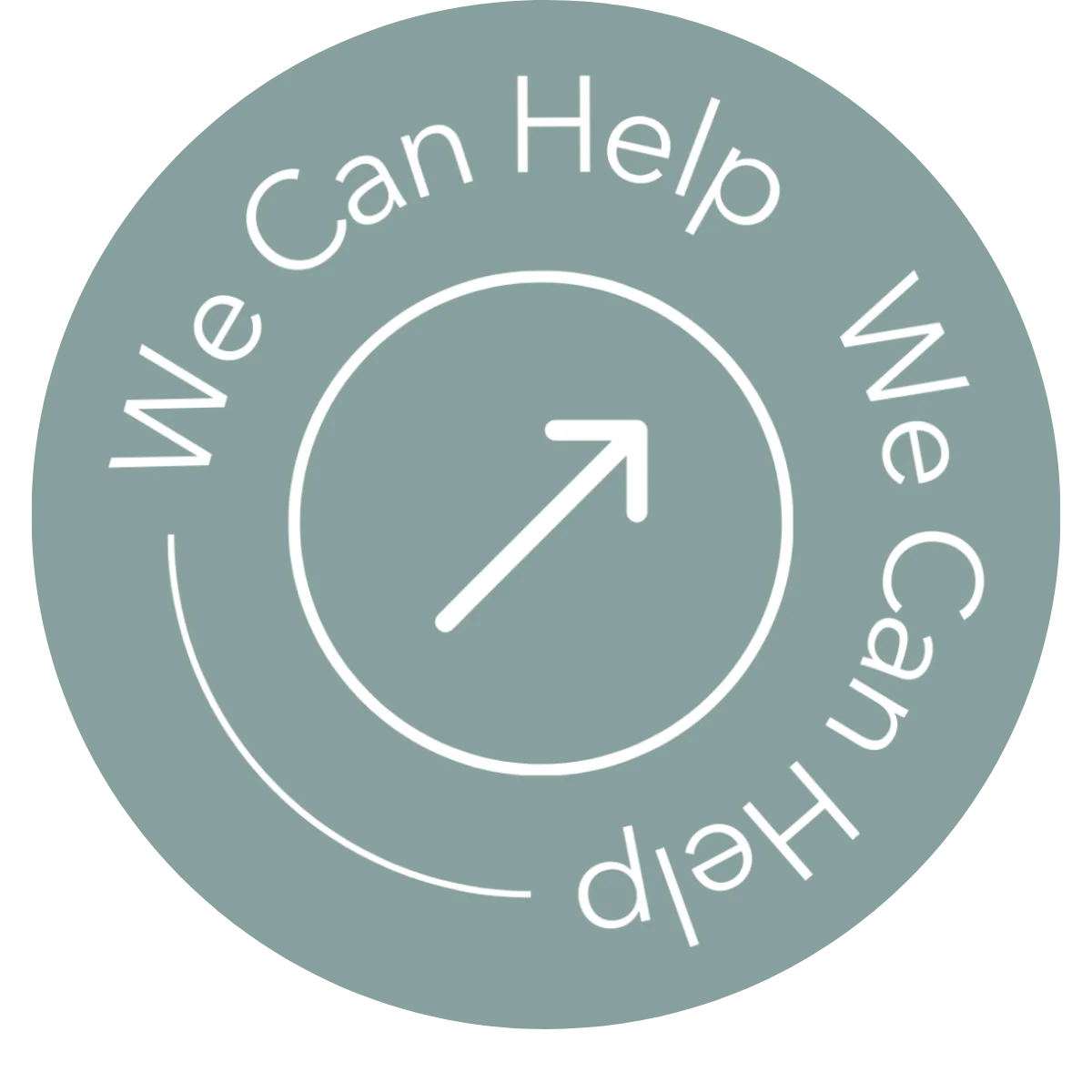Drug Detox vs. Rehab: What's the Difference?
Drug Detox vs. Inpatient Rehab: Understanding the Crucial Differences
When it comes to overcoming addiction, knowing the difference between inpatient drug rehab centers and detox is crucial. There are several key distinctions between the two, which will be detailed in the article below.

Purpose and Focus
Detoxification aims to rid the body of addictive substances. It is often the first step of recovery, and it focuses on managing withdrawal symptoms and achieving physical stabilization.
Duration
Setting
Treatment Approach
Comprehensive Care
Why These Differences Matter
Tailoring Treatment: Criteria for Detox, Inpatient Rehab, or Both
Substance and Severity
Medical and Mental Health Considerations
Previous Attempts at Recovery
Level of External Support
Seamless Integration: Detoxification in Inpatient Drug Rehab Centers
Medical Supervision and Evaluation
Customized Detox Plans
Seamless Transition to Rehabilitation
Integrated Therapeutic Support
Types of Therapy Utilized in Inpatient Drug Rehab Centers
Cognitive-Behavioral Therapy (CBT)
Group Therapy
Group therapy sessions provide an opportunity for patients to share their experiences, gain support from peers, and learn from others who are also in recovery. It helps foster a sense of community and accountability.
Eye Movement Desensitization and Reprocessing (EMDR)
EMDR helps individuals process and desensitize these traumatic memories. This reduces the emotional risks that lead to substance use and promotes healthier coping strategies, ultimately aiding in addiction recovery.
Family Therapy
Substance use disorder often affects not just the individual but also their family. Family therapy involves the patient’s loved ones in the recovery process, addressing family dynamics and helping to rebuild relationships.
Dialectical Behavior Therapy (DBT)
DBT combines cognitive-behavioral techniques with mindfulness and acceptance strategies. It’s particularly useful for individuals with co-occurring disorders or those who struggle with emotional regulation.
Motivational Interviewing
Holistic Therapies
Many inpatient rehab centers offer holistic therapies such as yoga, meditation, and sandplay therapy to promote overall well-being and reduce stress.
- Meditation: This is a practice of focused attention and mindfulness. It helps individuals by promoting emotional regulation, reducing stress, and enhancing self-awareness. These can all aid in managing cravings and preventing relapse.
- Yoga: Yoga is a mind-body practice that combines physical postures, breathing techniques, and meditation. This helps individuals improve physical health, reduce anxiety, and provide a healthy outlet for stress.
- Sandplay Therapy: This is a non-verbal, creative therapy in which individuals use miniature figures and a sand tray to express their emotions. This assists with substance use by allowing individuals to process complex emotions and traumatic experiences that may be contributing to their addiction.
Psychoeducational Groups
Trauma-Informed Therapy
For individuals who have experienced trauma, trauma-informed therapy helps address past trauma and its impact on addiction. This helps holistically and comprehensively assess and heal from the trauma.
Harm Reduction Techniques
Counseling for Co-Occurring Disorders
Relapse Prevention Therapy
This therapy focuses on identifying risk factors for relapse and creating strategies to cope with these when the individual leaves the treatment center.
How to Prepare for Attending Inpatient Drug Rehab Centers
Whether an individual is attending inpatient drug rehab centers for holistic treatment or detox services, knowing how to prepare for their stay is important for stress-free recovery.
Mental Preparation
Research and Selection
Financial and Practical Planning
Support System
Set Realistic Expectations
Detoxification
Open Mindset
Aftercare Planning
After the main part of treatment has concluded, discussing aftercare plans with the treatment team is necessary for healthy recovery.
Self-Care
Steps Toward Sustainable Recovery
Preparing to attend inpatient drug rehab centers is a significant step toward embarking on a path to recovery. By taking these steps seriously, individuals can maximize the benefits of their treatment and increase their chances of achieving lasting sobriety.

Navigating the Path to Recovery
Reach Out to Our Team Today
We are your trusted navigators in the recovery process. We work on treating the whole person, so you can be rest assured that your recovery is in good hands. Get in touch with our compassionate team today.
Resources
- https://www.verywellmind.com/how-inpatient-rehab-works-5443095#:~:text=Inpatient%20rehab%20is%20a%20type,care%20and%20supervision%20are%20available.
- https://adf.org.au/reducing-risk/withdrawal/
- https://www.ncbi.nlm.nih.gov/pmc/articles/PMC2897895/
- https://www.nami.org/Blogs/NAMI-Blog/October-2017/Understanding-Dual-Diagnosis


